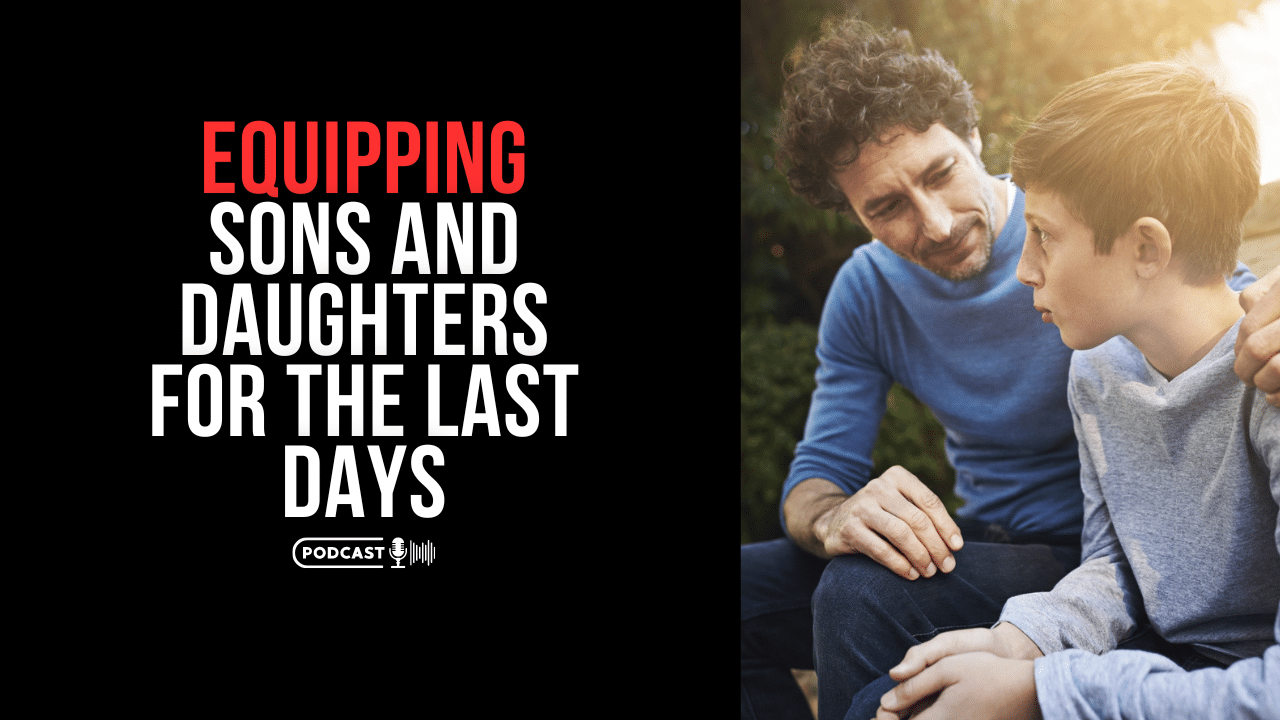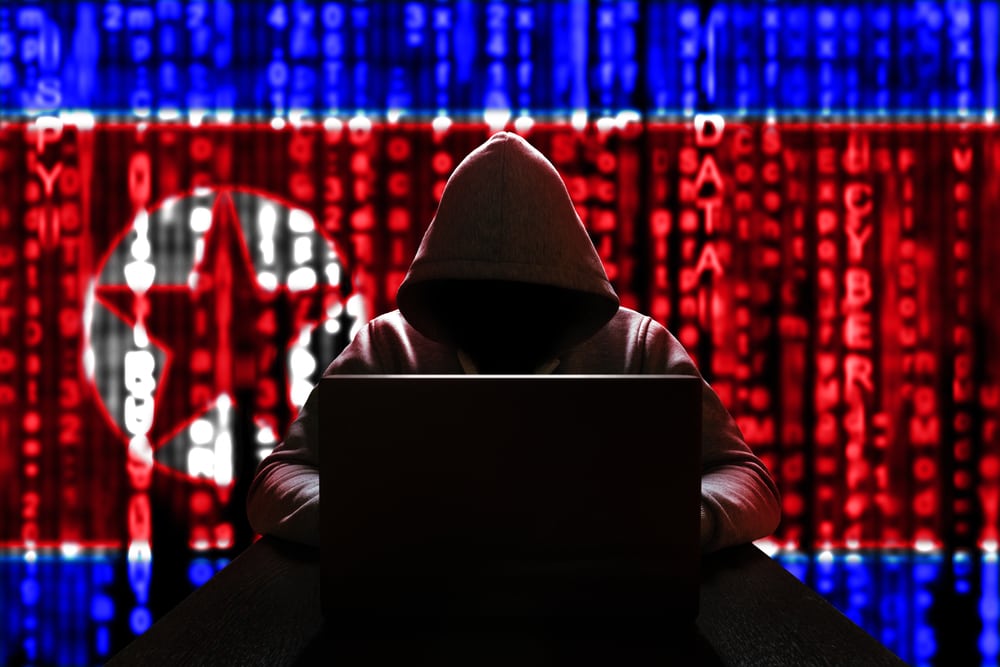(OPINION) Close to a quarter of young British people said recently they would be open to banning the Bible if they believed its pages contained “hate speech.”
Whitestone Insights, a polling group, surveyed 2,088 adults in the United Kingdom, asking them if they agreed with the following statement:
Unless the offending parts can be edited out, books containing what some perceive as hate speech should be banned from general sale, including if necessary religious texts such as the Bible.
Twenty-three percent of respondents between the ages of 18 and 34 were most likely to agree with the statement, followed by 17% of those ages 35 to 54, and 13% of those over the age of 55, according to Christian Today.
The survey results come after Dr. Päivi Räsänen, a Finnish politician, emerged victorious from a years-long legal battle after she shared on Twitter — now X — her Bible-based views on sexuality, and God’s design for marriage to be a lifetime union between one man and one woman.
Räsänen told CBN Digital she is “grateful and relieved” after having been acquitted of the hate speech charges against her. The Finnish lawmaker had been criminally charged for tweeting a Bible verse.
Lois McLatchie of the Alliance Defending Freedom UK voiced her concerns over the new survey — and pointed to Räsänen as a cautionary tale.
“We may no longer be a majority Christian population here in Britain,” said McLatchie. “That’s even more reason to protect freedom of speech and belief for all.”
In addition to Räsänen’s case, there have been instances of unabashed censorship in the U.K. — including a woman who has been arrested twice for praying silently outside an abortion clinic.
“Censoring one type of belief because it fails to fit with the dominant orthodoxy of our day is no better than imposing the illiberal blasphemy laws of the Middle Ages,” McLatchie said.
“We need a robust defense of religious freedom from those who craft our legislation and we need to educate the ‘be kind’ generation on the truly hateful consequences of censorship before this type of thinking creeps further into reality.”















